Description
“In the Presence of Absence” is a text between prose and prose or between poetry and prose, but it is at the heart of poetic writing with multiple rhythms, tones and languages, in a rich, renewed climate, fertile as if it were between confession, between wounds, between absence and the extreme limits of experience.
As if in his new text he is on the edge of the “beautiful” abyss, and that which summons what captivates it, and who embarrasses it, to the hidden text, and what is in its folds, and what is in its gestures, and what is in its violence and transparency.

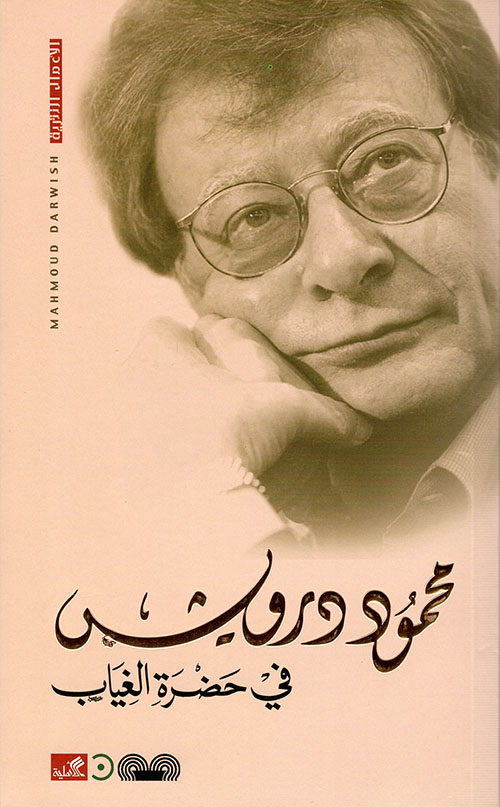
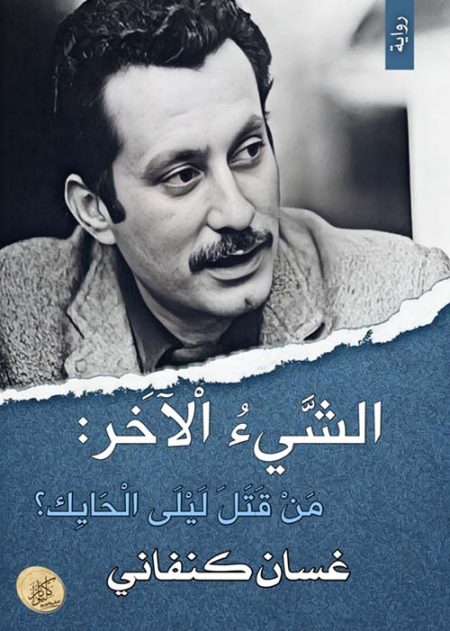
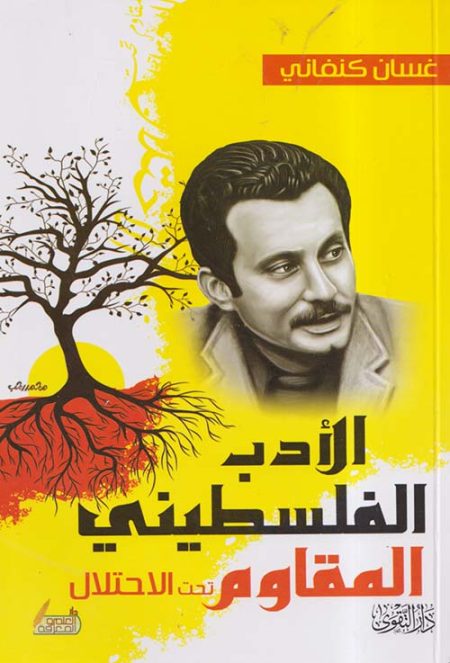
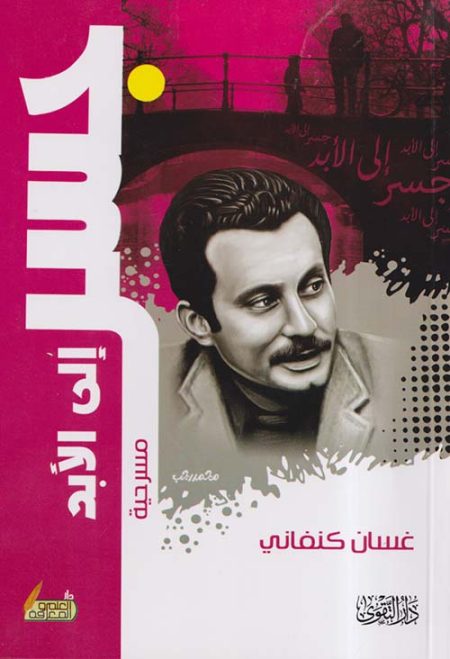
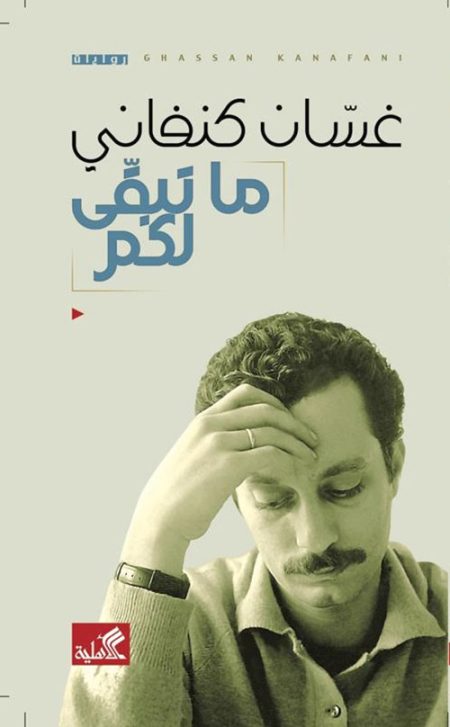

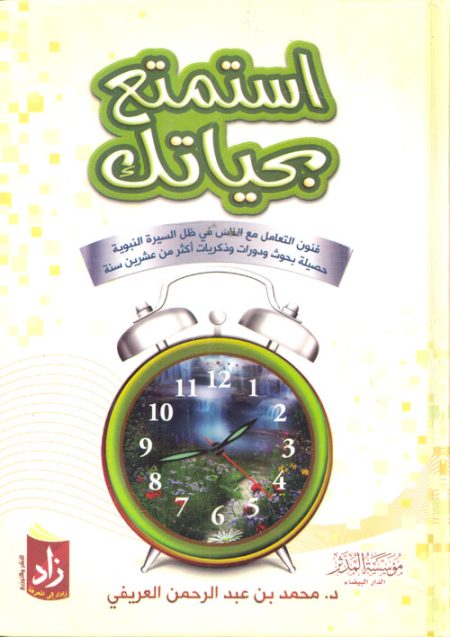
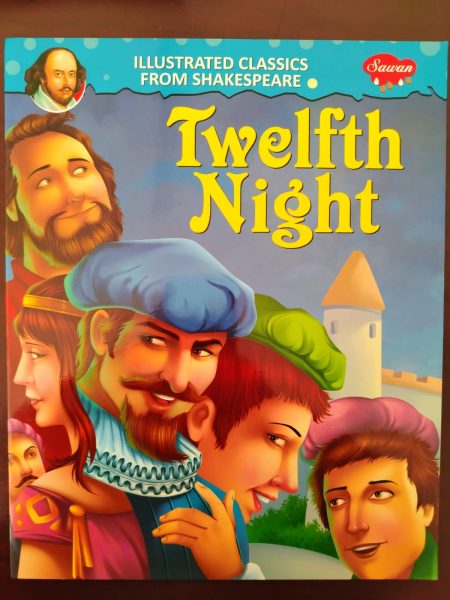
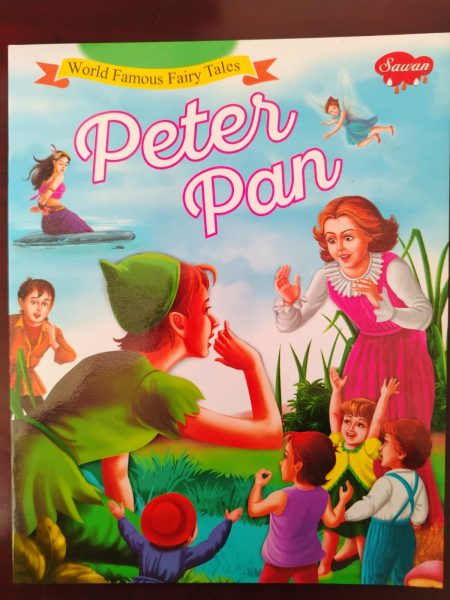
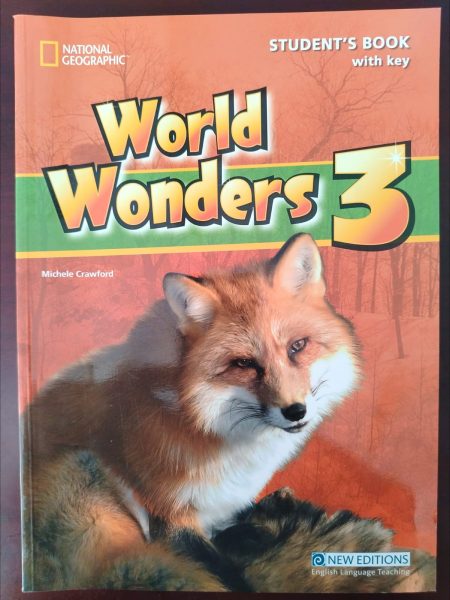
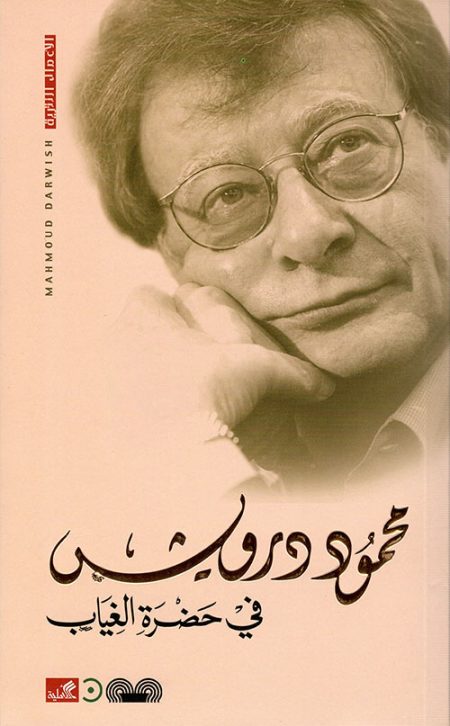
Reviews
There are no reviews yet.